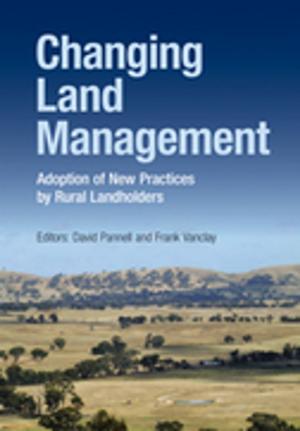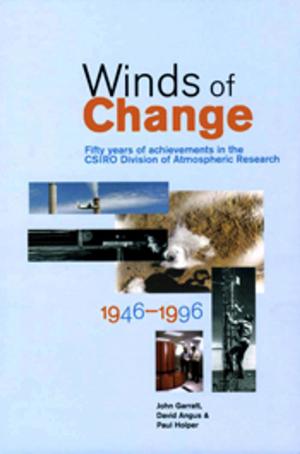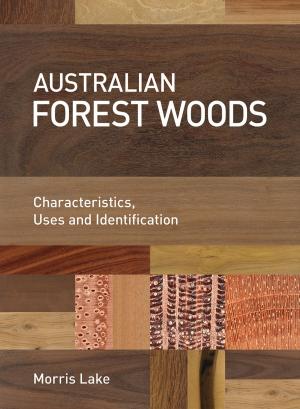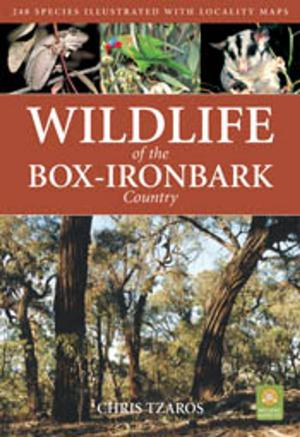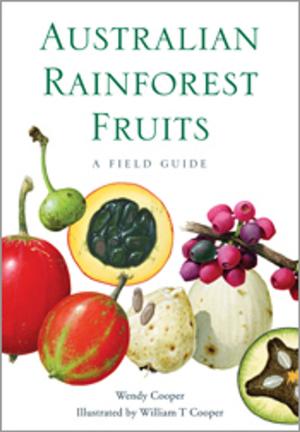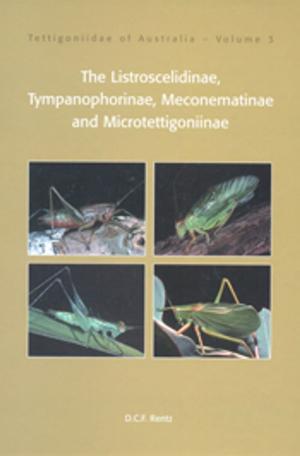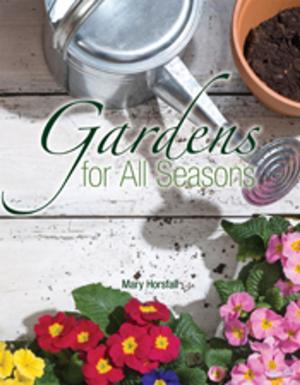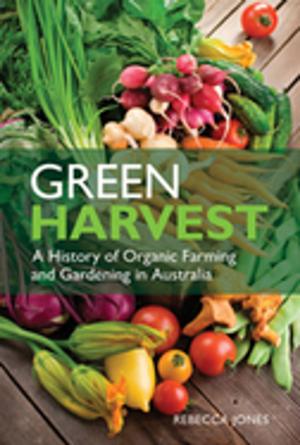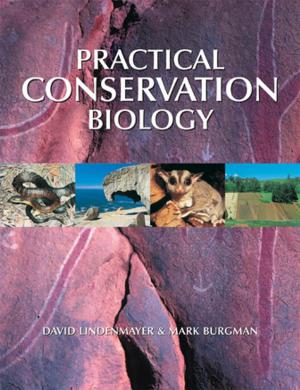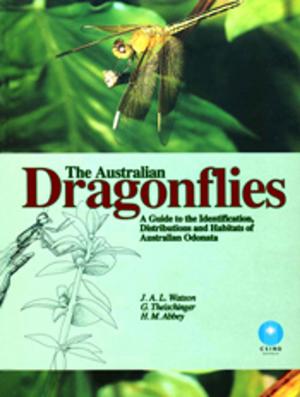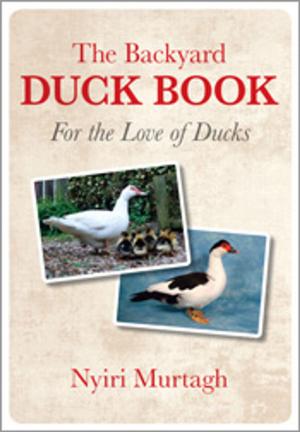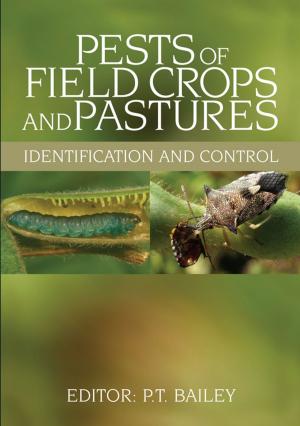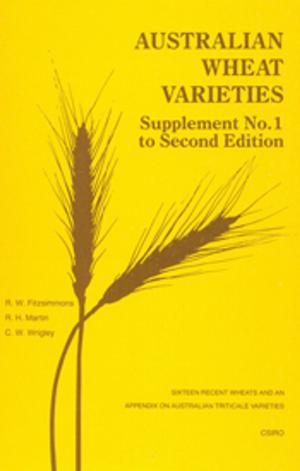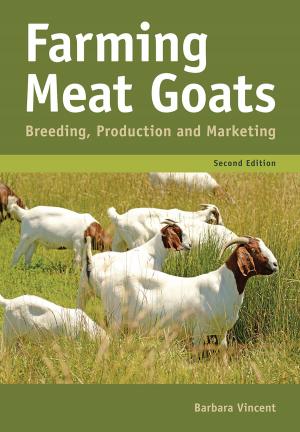Plants of Central Queensland
Identification and Uses of Native and Introduced Species
Nonfiction, Science & Nature, Science, Biological Sciences, Botany, Nature| Author: | Eric Anderson | ISBN: | 9781486302277 |
| Publisher: | CSIRO PUBLISHING | Publication: | April 1, 2016 |
| Imprint: | CSIRO PUBLISHING | Language: | English |
| Author: | Eric Anderson |
| ISBN: | 9781486302277 |
| Publisher: | CSIRO PUBLISHING |
| Publication: | April 1, 2016 |
| Imprint: | CSIRO PUBLISHING |
| Language: | English |
Conservation and sustainable productivity are vital issues for Australia. In order to manage vegetation well from an agricultural, recreational or conservation point of view, an understanding of individual plant species is important. Plants of Central Queensland provides a guide for identifying and understanding the plants of the region so that pastoralists and others can be better equipped to manage the vegetation resource of our grazing lands. Central Queensland straddles the Tropic of Capricorn, although many of the plants in the book will also be found outside this area, as shown by their distribution maps. The book provides information on the habit, distribution, foliage and fruits of 525 plant species. Informative notes highlighting declared, poisonous, weed and medicinal plants are included, and plants useful for bees and bush tucker are also noted. These are the most important plants you might see if you live in or travel through central Queensland. This book has an easy-to-read, non-botanical format, with helpful photographs and distribution maps that greatly aid anyone interested in the vegetation of central Queensland. It is based on a previous work of the same title but is greatly expanded, incorporating information on an additional 285 plant species.
Conservation and sustainable productivity are vital issues for Australia. In order to manage vegetation well from an agricultural, recreational or conservation point of view, an understanding of individual plant species is important. Plants of Central Queensland provides a guide for identifying and understanding the plants of the region so that pastoralists and others can be better equipped to manage the vegetation resource of our grazing lands. Central Queensland straddles the Tropic of Capricorn, although many of the plants in the book will also be found outside this area, as shown by their distribution maps. The book provides information on the habit, distribution, foliage and fruits of 525 plant species. Informative notes highlighting declared, poisonous, weed and medicinal plants are included, and plants useful for bees and bush tucker are also noted. These are the most important plants you might see if you live in or travel through central Queensland. This book has an easy-to-read, non-botanical format, with helpful photographs and distribution maps that greatly aid anyone interested in the vegetation of central Queensland. It is based on a previous work of the same title but is greatly expanded, incorporating information on an additional 285 plant species.

